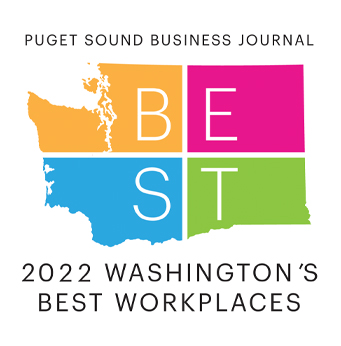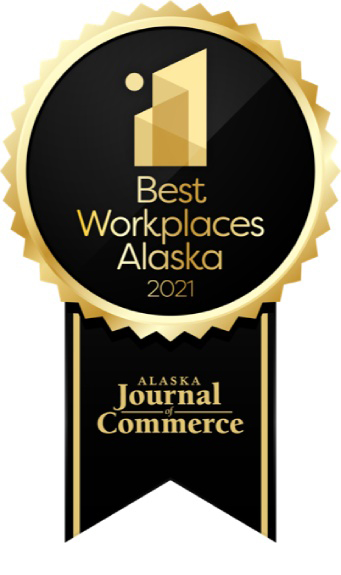Families First Coronavirus Response Act (FFCRA) – DOL Temporary Rule
April 3, 2020
Late yesterday, the Wage and Hour Division of the Department of Labor (DOL) released a temporary rule that is effective April 1, 2020 – December 31, 2020. The temporary rule focuses on the Emergency Paid Sick Leave Act (Paid Sick Leave) and the Emergency Family and Medical Leave Expansion Act (Expanded FMLA). For the most part, the temporary rule simply summarizes in one place the legislative language set forth in the Families First Coronavirus Response Act (FFCRA) and the DOL’s subsequent guidance provided via FAQs. The temporary rule does not introduce any new concepts, but it does provide further clarification for some of the requirements, several of which are summarized below:
- The definition of “son” or “daughter” for purposes of both Paid Sick Leave and Expanded FMLA includes children under the age of 18 as well as children age 18 or older incapable of self-care because of a mental or physical disability.
- For purposes of both Paid Sick Leave and Expanded FMLA, both the “joint employer” and “integrated employer” tests under the FLSA and FMLA, respectively, apply when determining the number of employees for a private employer.
- A government quarantine or isolation order (which may include a “shelter in place” order) triggers a right to Paid Sick Leave only if the employer continues to make work or telework available to the employee, but the employee cannot work due to the government order (e.g. order requires certain age groups or individuals with a particular condition to stay home and telework is not available). Paid Sick Leave is not available if the employer reduces hours or shuts down the business to comply with the order.
- Affected employers are not required to provide Paid Sick Leave or Expanded FMLA to “health care providers” or “emergency responders”, both of which are defined very broadly to include most employees of entities involved in providing or facilitating medical care. That being the case, employers choosing to provide the paid leave in accordance with the FFCRA are eligible to claim the refundable tax credits to offset the costs of providing such paid leave.
- Small employers (those with <50 employees) may qualify for an exemption and not be required to provide Paid Sick Leave or Expanded FMLA for employees who request leave to care for a child due to COVID-19 related school or daycare closure if the employer documents that it meets certain criteria. But the exemption is available only to employees whose absence would cause a hardship and meets the criteria set forth by the DOL; it does not permit a small employer to avoid providing paid leave to all employees who request leave for a qualifying reason.
- The standard paperwork generally required for an employee requesting leave protected under the standard FMLA (e.g. notices of eligibility, rights and responsibilities) is NOT required for Expanded FMLA. An employer will be in compliance so long as the documentation requirements set forth by the DOL and the IRS specifically for purposes of claiming the refundable tax credits is followed.
- The term “group health plan” for purposes of determining what coverage must continue to be made available to employees during Paid Sick Leave and Expanded FMLA, as well as determining which costs may be included when claiming the refundable tax credit, is defined broadly to include most coverage providing medical care, including group health insurance, prescription drug coverage, health FSAs, HRAs, and dental and vision coverage.
Even with the additional guidance now available from the DOL, employers may struggle to understand exactly when paid leave is required under the FFCRA. When attempting to apply the rules to specific facts and circumstances, including when and how much paid leave may be required, we strongly recommend that employers coordinate such efforts with their local HR or employment law counsel.
The DOL’s Temporary Rule can be found here:
https://www.dol.gov/agencies/whd/ffcra.
We also continue to update our own content, including a variety of FAQs and summaries found at https://benefitcomply.com/coronavirus/.
The views and opinions expressed within are those of the author(s) and do not necessarily reflect the official policy or position of Parker, Smith & Feek. While every effort has been taken in compiling this information to ensure that its contents are totally accurate, neither the publisher nor the author can accept liability for any inaccuracies or changed circumstances of any information herein or for the consequences of any reliance placed upon it.



